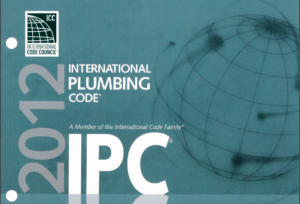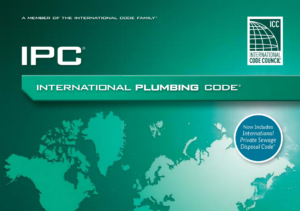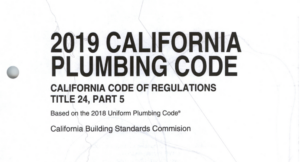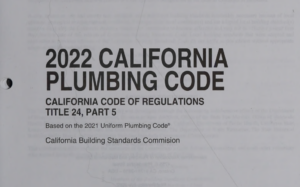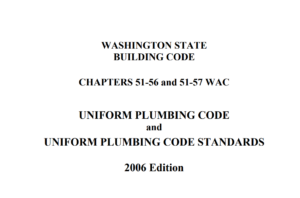The 2000 International Plumbing Code (IPC) establishes comprehensive regulations for the installation, maintenance, and alteration of plumbing systems. It is designed to ensure safety, health, and welfare in both residential and non-residential buildings by setting minimum standards for plumbing systems.
The code covers a wide array of areas including the requirements for fuel gas systems, which are governed separately by the International Fuel Gas Code. Specific provisions are made for detached one- and two-family dwellings, and townhouses up to three stories high, which must comply with the International Residential Code instead.
The intent of the IPC is to protect public health and safety by controlling the design, construction, and quality of materials used in plumbing systems. It emphasizes maintaining systems in safe and sanitary conditions through regular maintenance and inspections, ensuring they operate as intended without posing hazards.
Existing plumbing installations that were lawful at the time of the code’s adoption can continue to be used provided they meet original design standards and do not create health or safety hazards. Any modifications to plumbing systems must meet current code requirements without necessarily bringing the entire system up to new code standards. This approach allows for the practical application of the code to various scenarios, facilitating compliance without imposing undue burdens.
Significantly, the code also includes provisions for the use of alternative materials and methods, allowing for flexibility in plumbing design and construction provided these alternatives meet or exceed the prescribed standards. This adaptability encourages innovation while maintaining safety and functionality.
Overall, the IPC serves as a crucial framework for regulating plumbing practices, ensuring that plumbing installations and repairs meet stringent requirements to protect individuals and the broader community.

